We have much more to do and your continued support is needed now more than ever.
6 Common Activities That Harm Wildlife
Sometimes we forget that nearly everything we do has an impact on the world around us. Here are six common activities that many of us don’t realize have a negative effect on wildlife:
1. Using Products with Microbeads
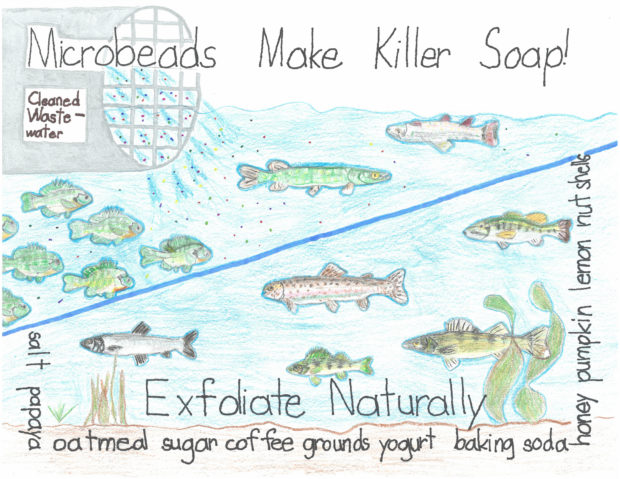
Once those beads wash down the drain, they slide through filtration systems and flow into waterways where they look like delicious treats to unsuspecting fish. Not only are the fish eating plastic, but the beads actually absorb pollutants from the air and water, which give them a double dose of toxicity. Incidentally, we eat some of those fish.
Illinois was the first state to introduce a ban on products containing microbeads, and several states have introduced legislation to follow suit. I recommend you introduce a microbead ban in your home today!
2. Using Sunscreen
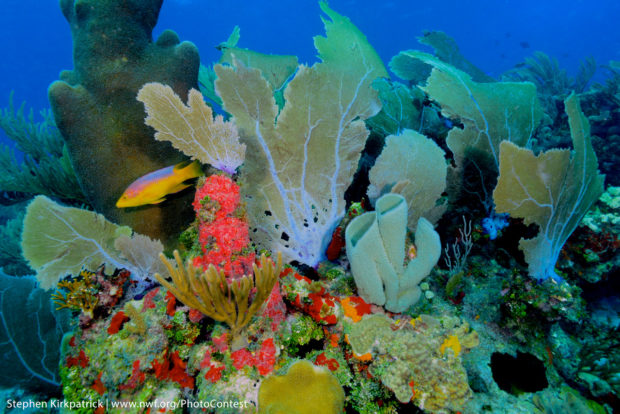
This study from the journal Environmental Health Perspectives found that several common ingredients in sunscreen, most notably benzophenone-2, contribute to coral bleaching, which leaves the coral vulnerable to disease and death. Coral provides shelter to 25 percent of marine species.
Instead, use eco-friendly biodegradable sunscreen. And if you haven’t already, go snorkeling or scuba diving to see first-hand the beautiful ecosystem that coral reefs provide.
3. Feeding Bread to Birds
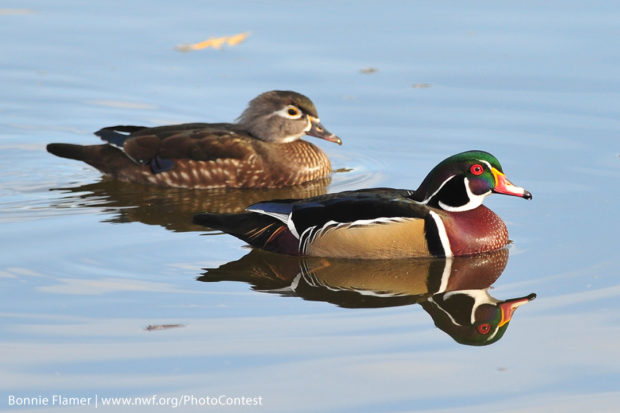
Next time, try feeding your bird friends some duck pellets, kale, sliced grapes, or birdseed.
4. Using Bleached Products

The chlorine bleach used to whiten your toilet paper creates by-products known as dioxins. In laboratory studies, dioxins have been shown to affect the reproduction, development, and immune system in animals.
So, buy products that have not been bleached and guests will be impressed with your home’s “rustic chic” look.
5. Removing Weeds
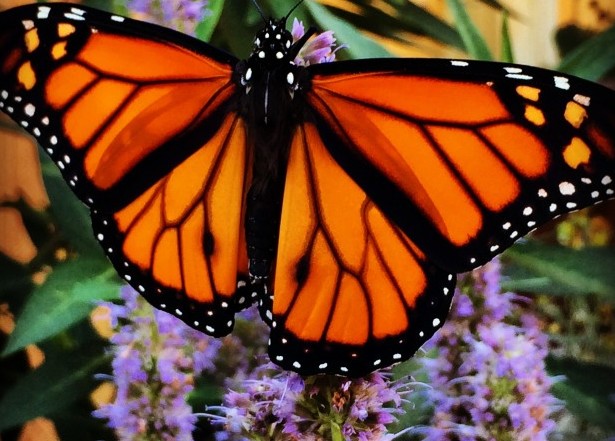
The monarch butterfly cannot survive without milkweed; their caterpillars can only eat milkweed and monarch butterflies need milkweed to lay their eggs. A terrible misnomer; a more appropriate name for milkweed would be “monarch flower.” Other weeds, such as lamb’s quarters and goldenrod, protect your plants by luring away damaging insects. Both are also edible and have double the nutritional value of spinach.
“Weeds” play an integral part in providing refuge to the incredible diversity of wildlife that richen our gardens.
6. Using Plastic Bags
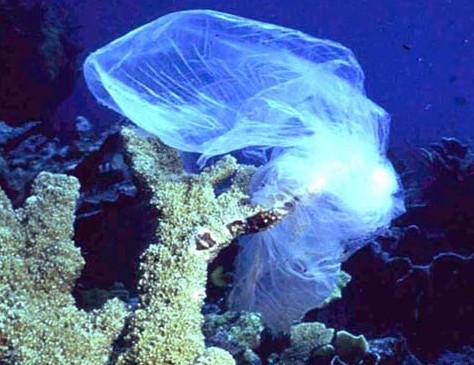
Thousands of turtles, seals, whales, and birds are killed each year from plastic bag litter, as they are often mistaken for food like jellyfish. Once eaten, plastic bags cannot by digested or passed by the animal, and so they just stay in the gut, which can lead to a slow and painful death. Plastic bags also take up to 1,000 years to break down, so, like a virus, once its victim dies, the bag goes on to kill other wildlife.
Luckily, plastic bags are recyclable. Click here to find a location near you.
Write a comment and let us know the daily changes you are making to reduce your harmful impact on wildlife.





















